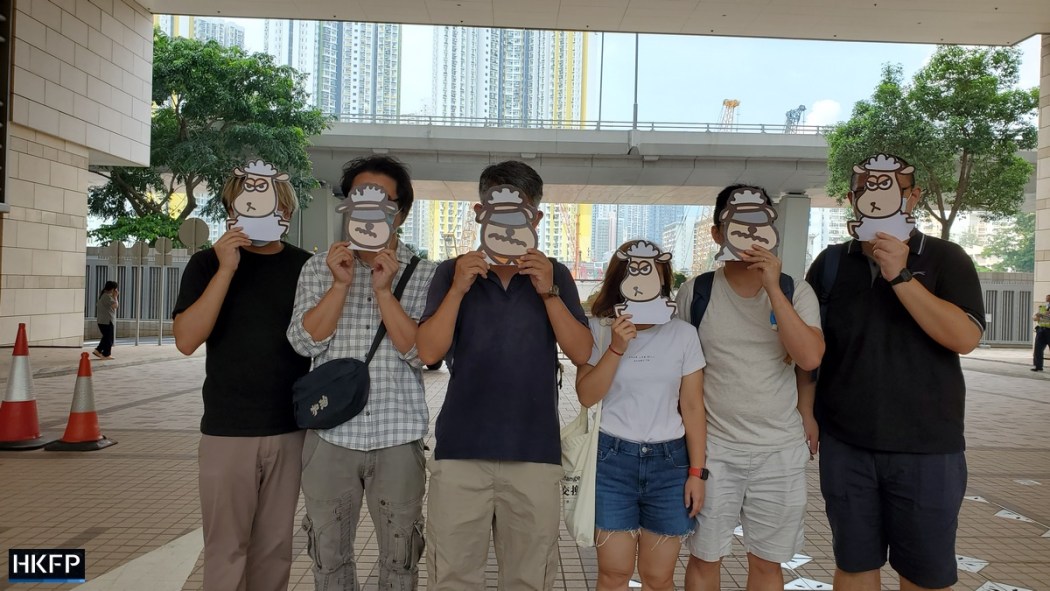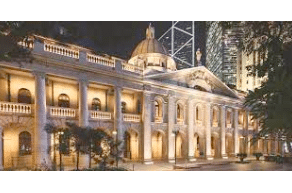The court’s decision means tougher bail conditions in all cases related to national security, even though pre-trial detention has been a major area of abuse by the Hong Kong government since the NSL went into effect, writes Thomas Kellogg.
Small rulings often sow the seeds of larger and vitally important trends. The Court of Final Appeal’s ruling on an application for bail by former General Union of Speech Therapists member Sidney Ng Hau-yi is one such case.
Hongkongers should take note: in a mere nine pages, the CFA opens the door to further broadening the influence of the 2020 National Security Law (NSL) over Hong Kong law. The ruling is a deeply disappointing one and signals that the CFA will likely take the same government-friendly attitude towards national security cases as the lower courts have.

Ng and four other members of the union were arrested in July, over the publication of three children’s picture books which the government deemed to be seditious. Ng and two of her colleagues were initially released, but were detained again in late August after the government formally filed sedition charges against them under the Crimes Ordinance. All five have remained in detention since then.
The core question before the court was seemingly straightforward: does Article 42(2) of the NSL, which sets a higher threshold for bail, apply to all cases related to national security, or only to cases in which individuals were charged with NSL crimes? Drawing on a prior ruling in the ongoing national security case against Jimmy Lai, the CFA held that Article 42(2) does indeed apply to all national security cases, including those brought under other provisions of Hong Kong law.
It must be said that the CFA’s interpretation is a colourable one. It is indeed possible to read the somewhat ambiguous language of Article 42(2) to apply to any and all national security cases, and to limit – or, if recent experience is any guide, effectively rule out – pre-trial release for individuals accused of national security crimes. That said, the court’s reading is not the only possible one for Article 42(2). Given the range of interpretive choices before the CFA, it is regrettable that it chose the option that restricts due process rights.
Read full article
How a ruling by Hong Kong’s top court opens the door to a more intrusive security law




